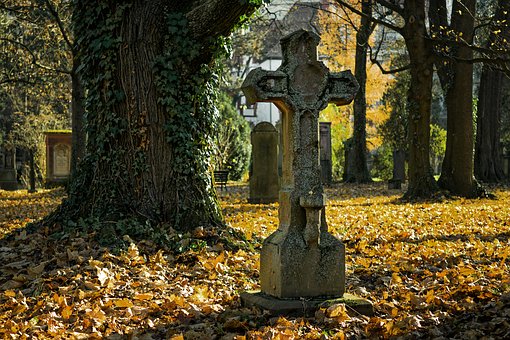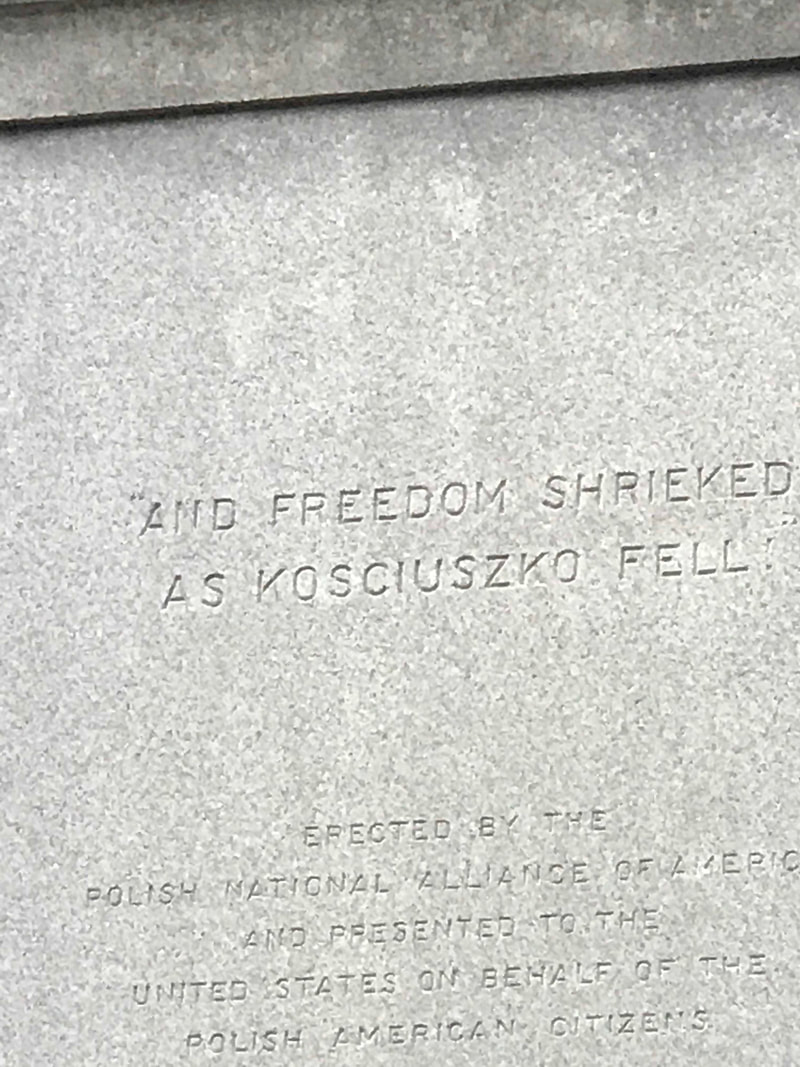Archived Blogs
|
According to New York Times Columnist David Brooks there are “resume virtues” and “eulogy virtues”. He wrote a book called The Road to Character and he described the two. Basically “resume virtues” are those we associate with a career. He was named Chairman of the Board and he increased sales by 50%. “Eulogy virtues” are what would be said at your funeral. He was a kind and he loved dogs. Let me introduce you to someone… I’ll get back to the virtues later. Andrzej Tadeusz Banawentura Kościuszko (also known as Andrew Thaddeus) was born in 1746 in Lithuania. I saw his name on a statue near the White House in Washington D.C. He graduated as a captain of the Corp of Cadets and went to Paris to continue his military education. Once there, he discovered that it was forbidden for foreigners to be accepted into the military academy. So he settled for studying art instead. Or did he? There’s no doubt that he was interested in painting and drawing, but he actually spent the next five years auditing military lectures and taking advantage of the resources in the military academy library. When he returned home, he discovered that his brother had burned through the family’s finances and he was forced to get a job as a tutor. He fell in love with his pupil, Ludwika, but was discouraged from continuing the relationship with her. Her father told him “Turtle doves are not for sparrows…” and then he had his hired thugs thrash Kościuszko. Kościuszko had heard about the American Revolution and he decided to go to North America. He was so impressed with the Declaration of Independence that he set out to meet one of the authors, Thomas Jefferson. They corresponded with each other for the next twenty years. Of Kościuszko, Jefferson said “He is as pure a son of liberty as I have ever known.” There was a flurry of military activity after that. (You can read the details on Wikipedia here) He signed up for the Continental army to help defend against the British. I always imagine military leaders with raised swords charging into the fray, but he wasn’t that kind of guy. Kościuszko was a strategist. There are multiple accounts of how he surveyed fortresses and found weak spots, how he destroyed bridges and dammed streams to allow exhausted soldiers to escape, how he developed intelligence contacts to spy on the British. His fortifications to West Point were considered innovative for his time. For his service and contributions, he was promoted to Brigadier General. When he returned to Europe he went into debt after freeing most of his indentured servants (did I mention that the United States hadn’t paid him for seven years?). He argued that peasants and Jews be allowed to become Polish citizens and he took part in an uprising against Russian rule in Poland. For his service, he was promoted to Lieutenant General and considered one of Poland’s most brilliant commanders. At age 71, Thaddeus Kosciuszko died after falling off a horse. His will designated his estate should go toward the education and freedom of African American slaves…including Jefferson’s. Despite making it to the Supreme Court three times, none of his money was ever used for that purpose. According to New York Times Columnist David Brooks there are “resume virtues” and “eulogy virtues”. One could describe Kosciuszko as a Brigadier General or Lieutenant General, but that’s not what I saw on the stature in Washington. It was more in the line of a “eulogy virtue” and it gave me the chills… What are we going to be remembered for when we die?
The titles that we’ve earned on a stepwise progression in our workplace? Or should our ambitions rise higher than that?
0 Comments
Leave a Reply. |
Archives
October 2020
Categories |
COPYRIGHT 2017 SUSAN BADARACCO | Site Credits



 RSS Feed
RSS Feed